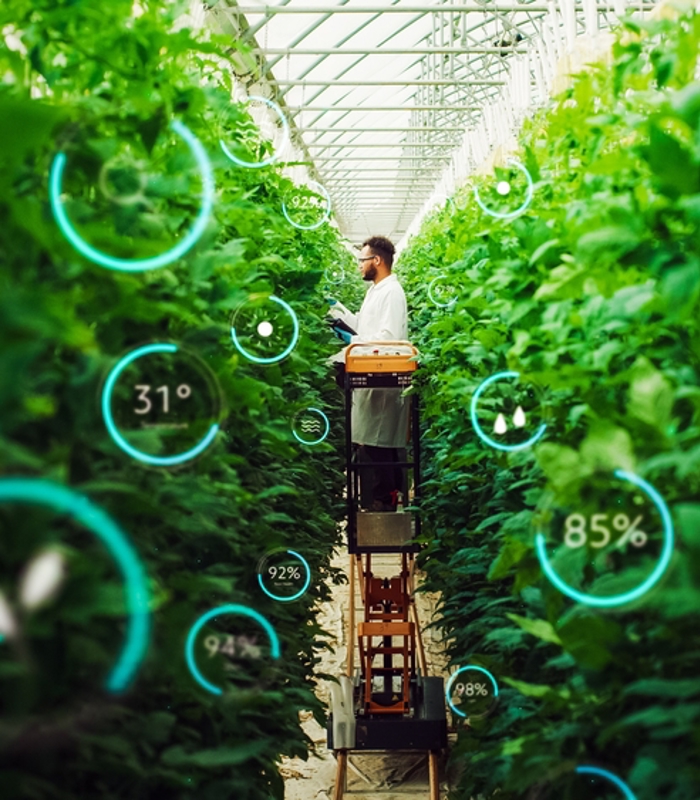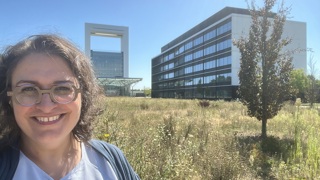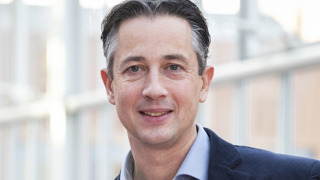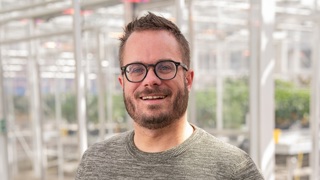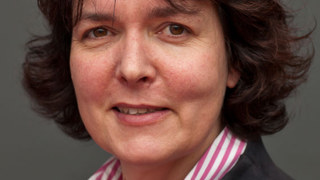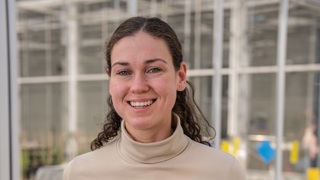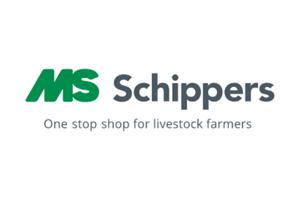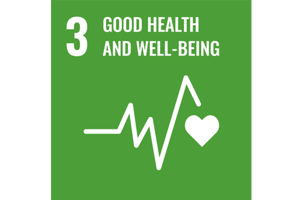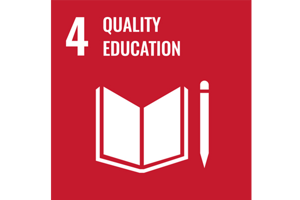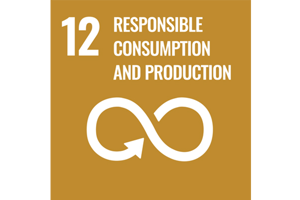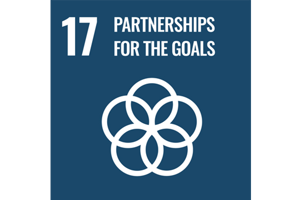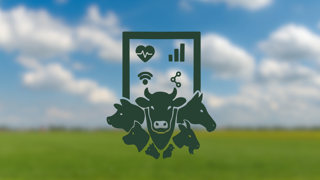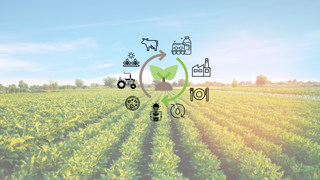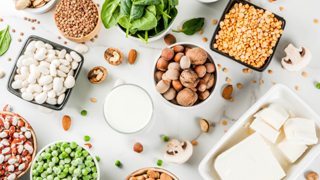High-tech greenhouse and vertical food production
Globally, Controlled Environment Agriculture (CEA) is rapidly expanding. It includes high-tech greenhouse and vertical farm production of healthy vegetables, fruits, herbs, and flowers. Dutch technology and expertise provide an important basis for this growth. In an environment where temperature, light and fertigation can be controlled, the growing conditions can be optimally designed for the crop. It allows local-for-local production, optimal water and land usage and it is amenable to mechanization. CEA helps to reduce waste, labour, and transport. It contributes to increased food safety, food security and product quality.
Worldwide there is a shortage of farmer succession, and this is no different for the horticultural sector. Fortunately, the CEA sector envisages solutions to this problem. CEA is especially amenable to data driven crop management solutions. Data coming through sensors in the growth facility and on the plants give information on how to adapt the growing environment in terms of temperature, light, fertigation, plant pruning etcetera. The CEA grower of the future will thus be more reliant on a data-driven growth management system in the future, and the plant management in the greenhouse will be further automated.
We strive to improve CEA system designs and crop management standards by using technology that will serve plant (optimal growth conditions), people (fresh and healthy plants) and planet (sustainable production methodology).
Via various platforms, the integration of data streams from the plant sensor, the greenhouse or vertical farm and the surrounding environment, is used to build a better understanding of the growing environment enabling improved crop management and advice. The management of the CEA systems is complex and needs a combination of grower experience with the crop (green fingers) and interpretation of continuous data coming from the production systems. There is a lot to be discovered and innovated.
Fundamental and applied research
"The global horticulture sector faces pressing challenges—from energy transition to food supply efficiency", says professor Céline Nicole. "Adressing these issues demands multidisciplinary research and innovation—bridging the gap between academia and industry. The partnership between HAS green academy, with its strength in applied research and education, and Maastricht University’s Faculty of Science and Engineering, with its depth and diversity of scientific expertise, forms a powerful alliance to drive progress."
"I am honored to serve as a bridge between these institutions. Drawing on my background in physics, coupled with 24 years of field expertise in high-tech horticulture, sensing, and data science at Philips/Signify, I am committed to tackling the sector’s future challenges through a collaborative, multidisciplinary approach.”

